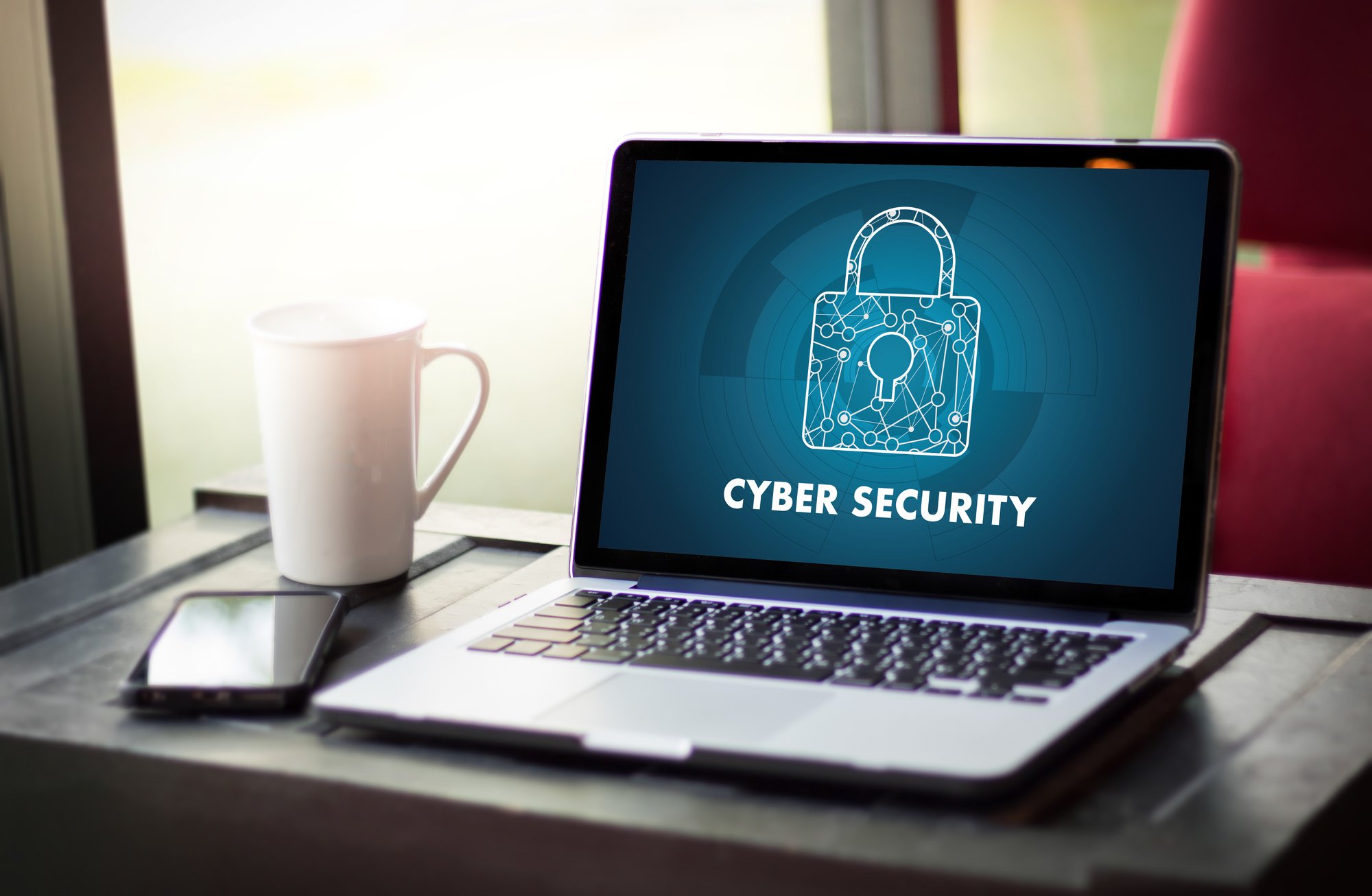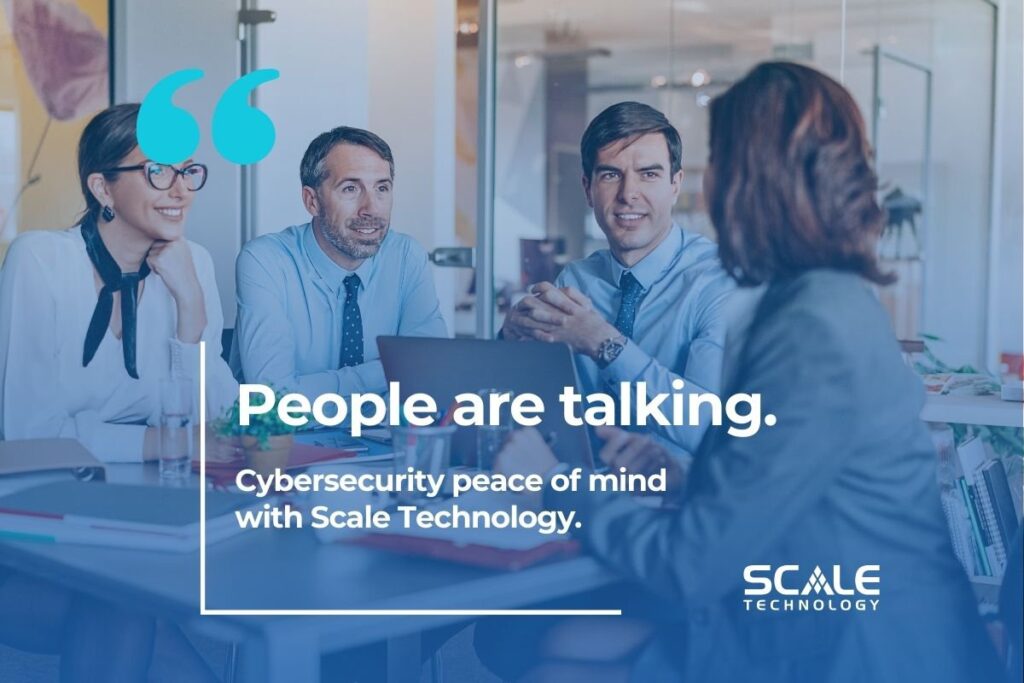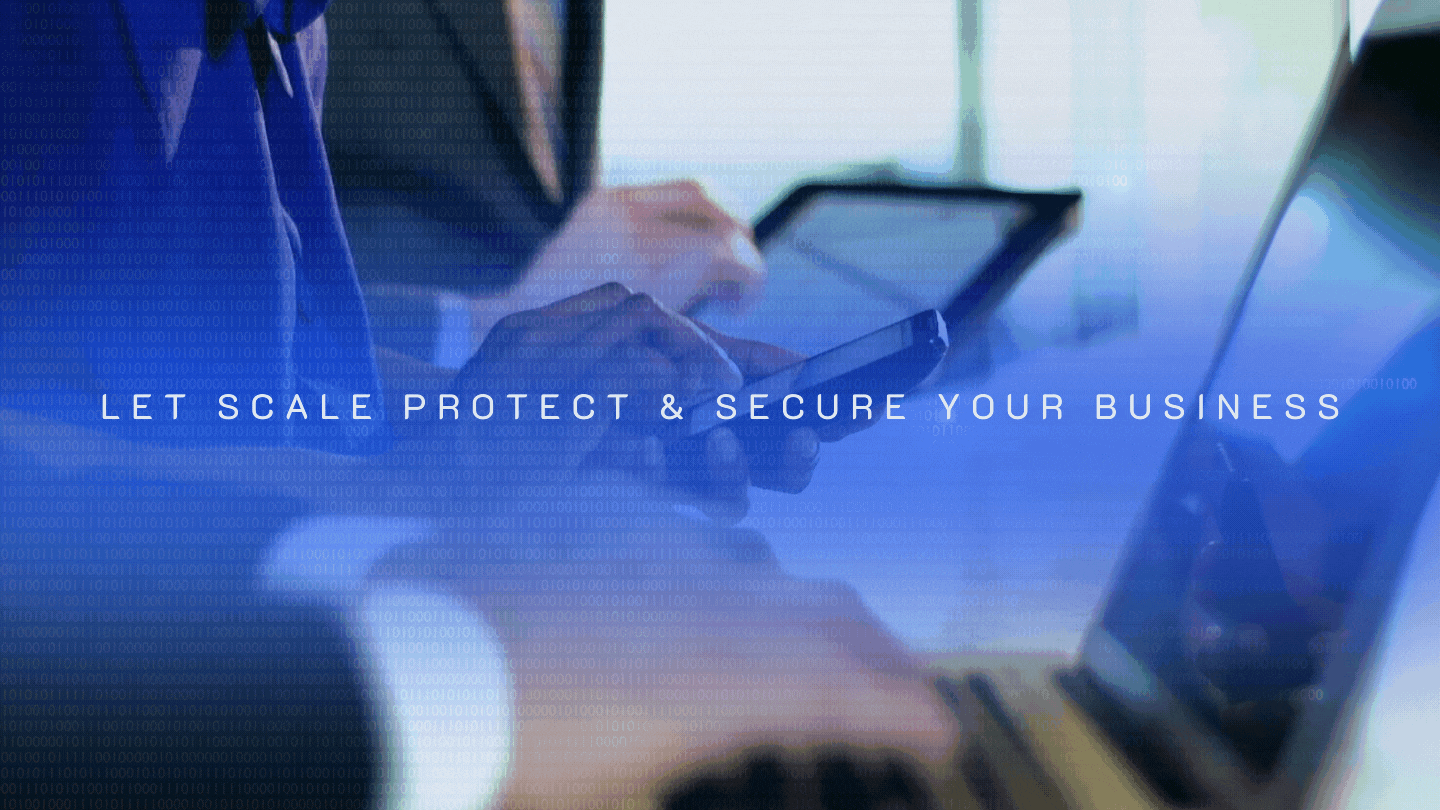In today’s world, data is gold. You use it to solve problems, measure success, and grow your business. However, also like gold, you need to keep it safe. After all, security issues with working remotely have only become more serious with COVID-19 forcing businesses to rethink how and where they work.
With a team of IT professionals a phone call away, you don’t have to wait for a disaster to happen to learn which issues pose the biggest threat to your data. Here are five security issues to consider when you work from home, plus a few ways that managed IT services can help keep your data safe.
5 security issues with working remotely
1. Phishing attacks
Research shows that phishing attacks led to 22 percent of all data breaches in 2020. This makes phishing the most common way for hackers to access your system. Email phishing in particular has caused companies to lose millions in stolen data. In fact, 96 percent of data breaches began with hackers getting in through email.
It’s not always easy to spot these emails. For example, hackers can send you one that looks as if it’s from a reputable company and asks you to fill out a survey. This seems innocent, but when you click on the link, you expose your entire system to a virus or another kind of malicious software. What’s more, it doesn’t always happen with links and surveys alone; it could also happen when you open an email attachment, download an app, or fill out personal information to upgrade your software.
Hackers are smart, and their tricks are endless. If you get an email asking for something out of the ordinary or if something seems suspicious, don’t open it. Just let your managed IT service provider ensure that hackers don’t stand a chance at getting your data.
2. Password usage
This issue involves three main areas of concern: weak passwords, reusing the same password for different logins, and not putting a password on your home router. One survey found that 83 percent of Americans don’t use numbers, special characters, and upper and lower case letters in their passwords. Without these, hackers can simply guess their way into your system.
Using a weak password for one login is bad enough. It’s worse to reuse that password—especially if you use it for both work and personal logins. A 2019 report showed that Americans reuse passwords at least four times. This means that if you use the same password for your work, bank, email, and social media, you’re giving hackers four for the price of one and making yourself an easy target. However, with a stronger password that you change often, you could prevent this.
You can also prevent it with a stronger password on your home router. Many Wi-Fi providers give you a default username and password for your router, but unfortunately, hackers love default settings. The username is usually something as simple as “admin,” and the password is usually equally as simple. It’s nothing for password cracking tools to test thousands of passwords per minute; so, the longer and more complex your password is, the better.
3. Public Wi-Fi
Many coffee shops, restaurants, and hotels have come to offer public Wi-Fi for their customers. Unfortunately, although it’s convenient for remote workers, it’s also convenient for hackers. These places choose Wi-Fi convenience over network security practices, and hackers know it.
The Federal Bureau of Investigation (FBI) even issued a recent statement about the dangers of hotel Wi-Fi and the security issues with working remotely from one. Hackers rely on weak, often outdated hotel network security to access your information and that of the hotel and its guests. This could also involve a ransomware attack, in which hackers access your computer or the hotel computer, lock you out, and demand money (or a ransom) in order for you to regain access.
If you absolutely must work remotely in public, do what you can to protect your data. This includes using a virtual private network (VPN) to encrypt (or hide) what data you send and receive. You should also use a personal hotspot instead of public Wi-Fi. Better yet, just let a managed IT service provider do the work for you. This will give you the peace of mind knowing that you have good, reliable IT service 24/7.
4. Personal devices
Just as it’s convenient to work using a coffee shop’s Wi-Fi, it’s also convenient to use your personal laptop to send a last-minute email to a coworker. Be aware, though, that this could be riskier than it seems. If you don’t have the right security measures in place on your personal laptop, you could risk giving an unauthorized third party access to your work network.
Research has shown that most new remote workers use their personal laptops for work. This practice could be costly, so it’s best to keep work on your work computer. It has the measures in place to keep you and your business from becoming the next cyberattack statistic.
5. Backing up files
Data is safer when it’s in different places. For example, when you make three copies of files and store them in three different places as IT professionals suggest, you create three defenses against losing them for good. It’s also a great defense against ransomware attacks.
However, it requires more than just putting your files on an external hard drive. It requires monitored, protected, and constantly updated cloud backups that you might not have time for. Fortunately, with a managed IT service provider, this problem won’t be yours to solve—you’ll just have fast, reliable support from a team of professionals who will be happy to make it theirs.
Let us get to work for you
Don’t let these security issues with working remotely become issues for your business at all. Each one could be devastating to your personal and professional data security if not actively protected against.
If you are ready to bolster your security infrastructure to prevent dangerous, malicious cyber attacks, contact Scale Technology today. You can call us at (501) 222-8969, or fill out this form for a free consultation. Let us help you put the measures in place to protect your data as you work from home.



